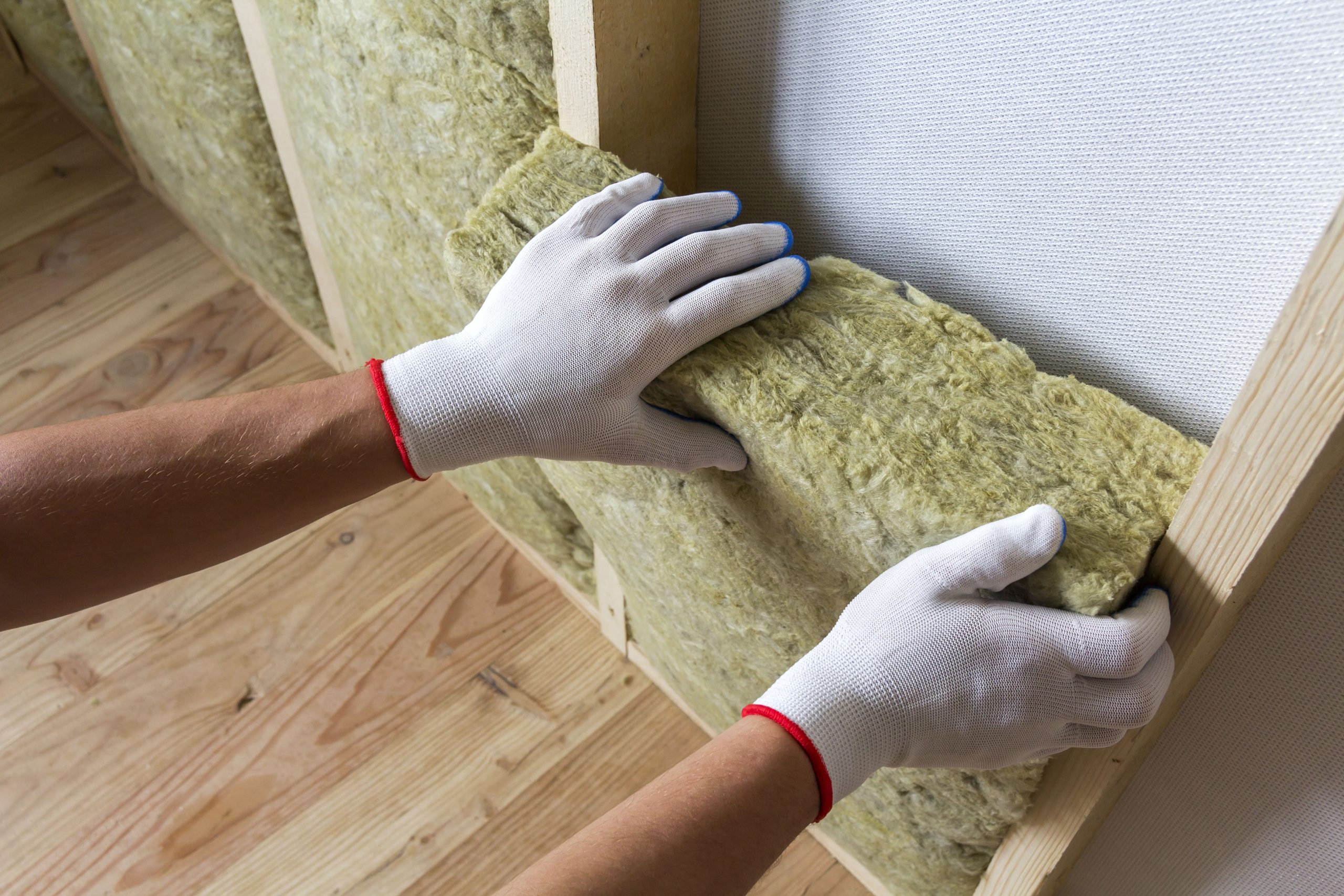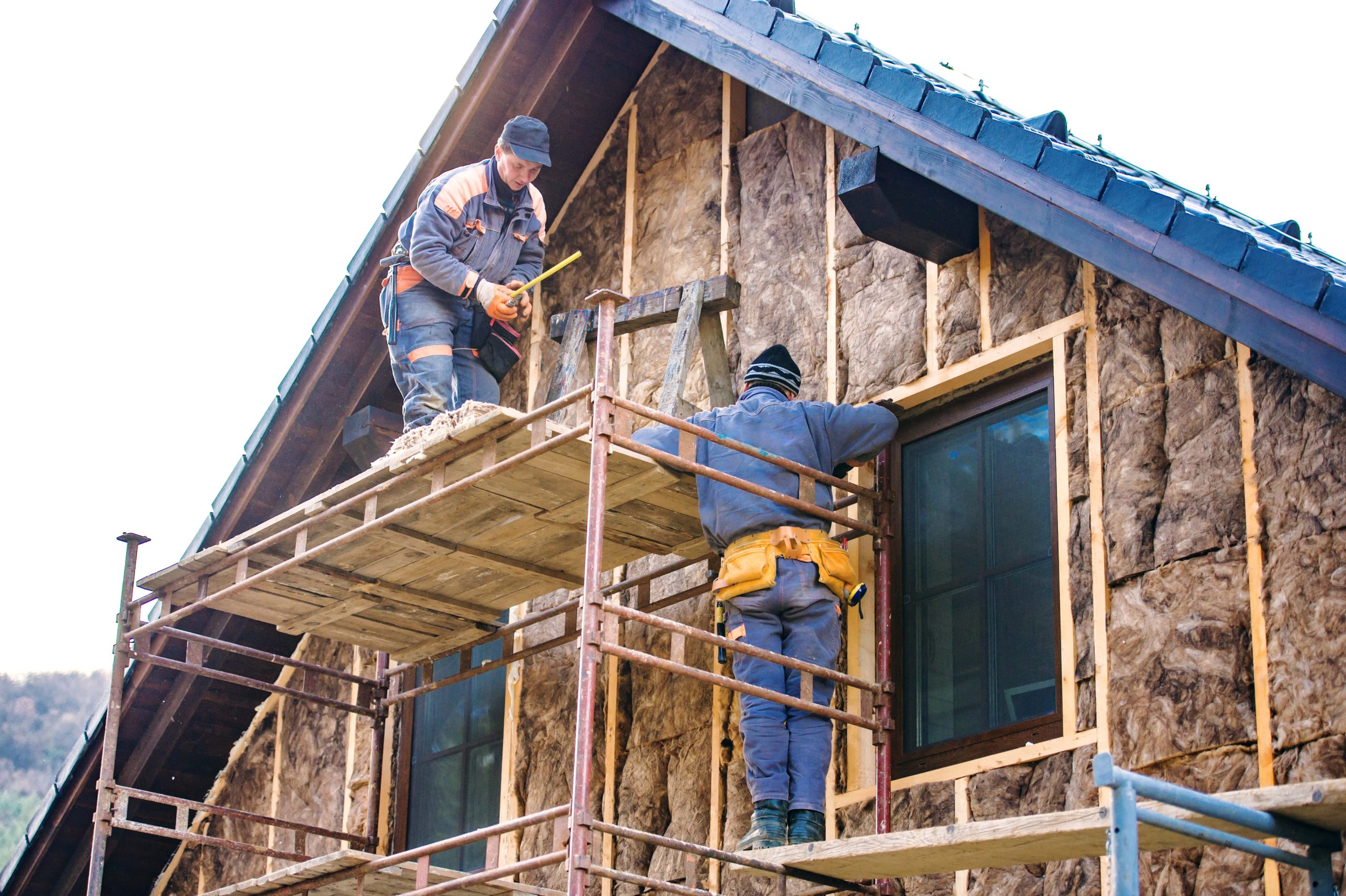What is Stone Wool?
Stone wool is a type of insulation material made from natural rocks, typically basalt or volcanic rock. The rocks are melted at high temperatures and then spun into fibers, which are bound together to create a dense and fire-resistant insulation material. Stone wool is commonly used in construction for its thermal and acoustic insulation properties.
The Origin of Stone Wool
Stone wool has its origins in the mid-20th century when a Danish scientist named Dr. Georg Axel Rasch developed a method to transform volcanic rock into insulating fibers. This marked the beginning of stone wool production. The process involves melting volcanic rock, often basalt, at extremely high temperatures and then spinning the molten material into fibers. The resulting wool-like material is versatile and widely used today for insulation in construction due to its excellent thermal and acoustic properties, as well as its fire resistance.
How is Stone Wool Made?
Stone wool is manufactured through a multi-step process that begins with the selection of basalt rocks as the primary raw material. These rocks undergo high-temperature melting, exceeding 1,400 degrees Celsius, transforming them into a molten liquid. The molten basalt is then spun into fine fibers using a high-speed spinning wheel. To enhance cohesion and stability, a binder is introduced, typically composed of organic or inorganic materials. The fibers, now bound together, are formed into mats or boards, depending on the intended application. The material undergoes a curing process to set the binder and ensure structural integrity. Subsequently, the cured stone wool is cut and shaped into rolls, batts, boards, or other forms suitable for insulation purposes.
What is the Chemical Composition of Stone Wool?
Stone wool primarily consists of natural rocks, with basalt being a commonly used material. The chemical composition of basalt, and consequently stone wool, includes various minerals such as silica, alumina, iron oxide, calcium oxide, magnesium oxide, and smaller amounts of other elements.
What is Stone Wool Used For?
Stone wool finds versatile applications across the construction industry, primarily due to its exceptional thermal insulation, fire resistance, and sound absorption qualities. Commonly used in building insulation, it effectively regulates temperature, contributing to energy efficiency in residential, commercial, and industrial structures. Its dense and fibrous composition makes stone wool a preferred material for acoustic insulation in walls, ceilings, and floors. Additionally, it plays a crucial role in fire protection, being integrated into fire doors, partitions, and various building elements. Beyond construction, stone wool serves in horticulture as a hydroponic and aquaponic growing medium, providing efficient water and nutrient retention for plants. In industrial settings, it is applied in pipe insulation, furnace linings, and other thermal insulation requirements. Stone wool’s presence extends to ceiling tiles and panels, contributing to both thermal and acoustic performance.
What are the Components of Stone Wool?
Stone wool primarily consists of natural rocks, with basalt being a commonly used material. Basalt is a volcanic rock and typically contains minerals such as silica, alumina, iron oxide, calcium oxide, and magnesium oxide. The exact composition can vary depending on the specific source of the basalt. During the manufacturing process of stone wool, binders may be added to enhance cohesion. These binders can be organic or inorganic compounds and are included in smaller amounts compared to the basalt rocks. The overall components of stone wool, therefore, include the minerals present in basalt and, if used, the binders introduced during production. It’s important to note that the majority of the stone wool’s composition is derived from the natural minerals present in the basalt rocks.
Is Stone Wool Waterproof?
Stone wool itself is not inherently waterproof, as it is a porous material. However, it has the ability to repel water and maintain its insulation properties even when wet. The manufacturing process often involves adding hydrophobic agents to enhance water resistance. While stone wool can resist water absorption to some extent, it is essential to use additional waterproofing measures in applications where water exposure is a concern, such as in exterior insulation systems or below-grade installations.
Is Stone Wool Fireproof?
Stone wool is not completely fireproof, but it is highly fire-resistant. It is made from natural rocks, typically basalt, which can withstand extremely high temperatures. Stone wool does not contribute to the spread of flames, and it can resist fire without melting or producing toxic fumes. This makes it a valuable material for fire protection applications in construction, including fire-resistant doors, partitions, and insulation.



